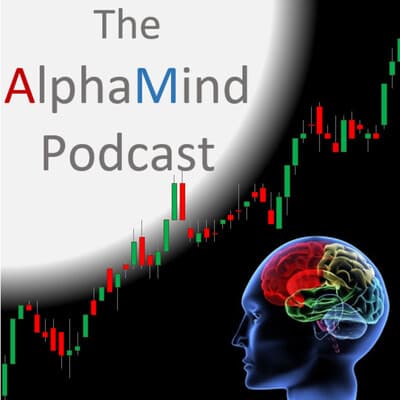Business
This week’s guest is Dr Brian Keating, Distinguished Professor of Physics at the University of California, San Diego.In this podcast, we interview Dr Keating about some of the connections which bind trading, investing and science. Dr Keating talks about how scientists, despite being held on some sort of an intellectual pedestal, are human, and are just as prone to the foibles and behavioural errors which are common to people in all fields, including trading.The theme, which resonates throughout this interview, alludes to the meta game of science and trading, something which was captured in a quote by Dr Keating, and which featured prominently in Greg Zuckerman’s 2019 book about the trading legend Jim Simons, ‘The Man Who Solved the Market: How Jim Simons Launched the Quant Revolution.’ The quote is: ‘Scientists are human, sometimes all too human. When desire and data are in collision, evidence sometimes loses out to emotion.’ Amongst main themes explored in this interview are; confirmation bias, ego, and our ability, or even inability, to separate our outcomes from our ego.___________________________________________________________________Dr Keating's research area is the study of the cosmic microwave background and its relationship to the origin and evolution of the universe. In 2001 Dr Keating conceived the first Cosmic Microwave Background B-mode observing campaign, called BICEP, which sought to find evidence of what (and how) the universe looked a fraction of a billionth of a second after the Big Bang Explosion.The BICEP project has been an outstanding success, and is still on-going today, however, it has never quite been able to achieve, unequivocally, its main and original purpose. Had it done so, we would almost certainly be talking to Dr Brian Keating, Nobel Laureate. Dr Keating is the author of the popular science book ‘Losing the Nobel Prize’, which was selected by Amazon as one of the top science books of 2018.

